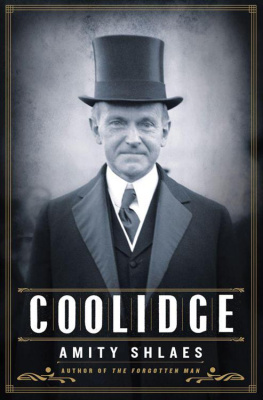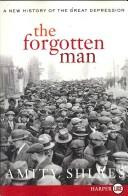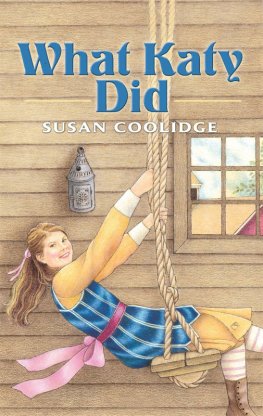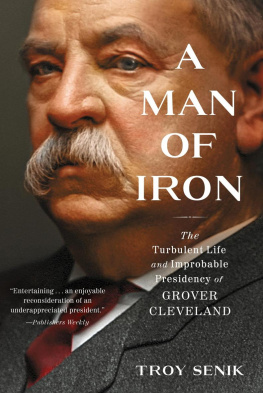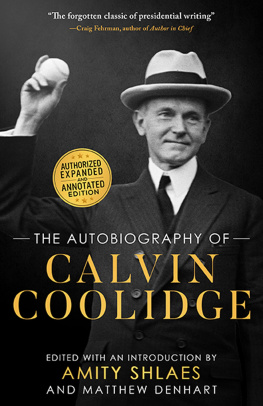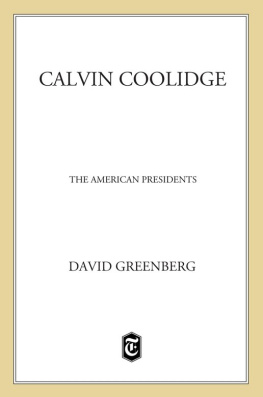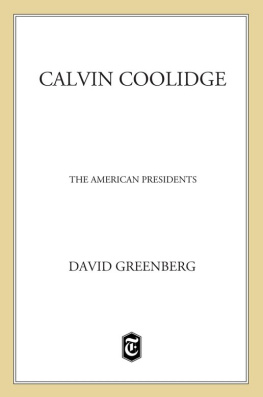COOLIDGE
AMITY SHLAES

For Eli, Theo, Flora, and Helen
With respect for their perseverance
Contents
DEBT TAKES ITS TOLL.
To no one had this ever seemed clearer than to a sixty-one-year-old farmer named Oliver Coolidge who languished in Woodstock Common Jail in Windsor County, Vermont, in the spring of 1849. Coolidge was behind bars because he owed a neighbor, Frederick Wheeler, $24.23. He had not honored a contract because he lacked the money to honor it. Now his debt had climbed to $29.48 because the justice of the peace had ruled that he had to carry the costs of the creditor, $5, and a fine of 25 cents for the serving of papers.
Oliver Coolidges fate was all the more troubling because some of his relations were faring well. The Coolidge name enjoyed respect throughout Windsor County, in the neighboring state of Massachusetts, and across the rest of New England. Carlos Coolidge, a distant cousin, was serving as governor of Vermont. Coolidges older brother, Calvin, owned the family farm at Plymouth Notch, a hamlet not far from Woodstock. Olivers rage built as he thought of his brother. Over the years Oliver had deeded land or land rights to Calvin: one of the properties involved had been called the limekiln lot.
The lot lay on a hill in Plymouth Notch. Some of those transfers Oliver had thought temporary. He had given one piece of land, he reminded Calvin in a letter, against your promis that you would redeed at any time. But now Calvin would not give the farm back. The Calvin Coolidges had decided to keep the land in the family. That meant the Calvin Coolidge branch. This was especially bitter. Calvin might pass land that had been Olivers on to his own son, Calvin Galusha Coolidge, or to a grandson.
Cases like Olivers had always been common. Back in 1786 a Massachusetts man named Daniel Shays had led a rebellion against heavy taxes. The aggrieved followers of Shays called for a time when there would be no more courts, nor collectors, nor sheriffs, nor lawyers. Ever since then New Englanders had quarreled over whether debt was the fault of the borrower, the lender, or those who issued the currency. They had quarreled too over the merits of punishments for debt. To sit in prison for debt, or a charge related to debt, was perverse. Vermont laws were changing so that debt alone could not justify imprisonment. A few years earlier a book about the sin of sanctimony and the grace of forgiveness, A Christmas Carol , had been published. Its villain was the miser Ebenezer Scrooge. The journals of New England featured A Christmas Carol on their Christmas list; its author, Charles Dickens, often pointed out the trap of the debtors situation and the absurdity of debtors prison. That same year, 1849, newspapers were serializing a new Dickens work in which one of the main characters, Mr. Micawber, landed in debtors prison.
It was a text older than Dickens that sprang to Oliver Coolidges mind: the Bible. To Oliver it seemed that his brother Calvin and his sister-in-law resembled Ananias and Sapphira in the Acts of the Apostles. These two had sold their land and pretended to give the entire proceeds to the apostle Peter but secretly withheld part of what they had received. For that, God had struck Ananias and Sapphira dead. The farmer blamed his brother for participating in the events that had led him to be shut up in jail and accused the brother of pressuring his son, Calvin Galusha, to go along with him in whatever scheme furnished the precondition for Olivers loss of land: You teased Galush until it was done, the farmer wrote.
That year spring came late to Vermont, with heavy snows into April. As Oliver weighed the damage of debt, the demons closed in. Lame in one leg from birth, Coolidge had never been able to farm as well as the others. The land they all farmed was rocky in any case, but his land was of poorer quality than his brothers. Oliver and his wife, Polly, had many more children than the rest and though many were grown and some had died, there were others still to care for. His family had seen, as he wrote in one letter from the prison, mutch sickness.
On Central Street outside the jail, the traffic of carriages and tradesmen moved all day long. From behind the walls and the stone fence, the farmer sent out despairing letters in his idiosyncratic spelling to one family member after another. To his niece Sally, Oliver grieved that my health is not good, I have the rumities in my back so that it troubles me to get to and from my bed. To his brother he expressed anguish for his wife, Polly, at home. In the past Polly had labored hard early & late to make her family comfortable and still labours hard. On April 29, 1849, Coolidge sat down to rhyme out in quatrains all that was wrong with the world. He scratched out a curse upon his brother Calvins head:
But if still you will reject him
And his council set at nought
O how you will fear and tremble
When to judgement you are brought
O has God your soul for saken
Has he past your spirit by
Has that holy spirit left you
In your sins to sink an die.
There was something irrevocable about the curse. It seemed too late, as well, to right a life like Oliver Coolidges. His debts might never be paid. Death loomed. There was nothing left to do but succumb.
Yet Oliver did not succumb. He persevered and was released from the prison. His story took an unexpected turn: the aging farmer and his wife, Polly, then traveled west; Oliver spent time in Columbia County, Wisconsin. Oliver, Polly, and their children began new lives. Polly somehow traveled even farther, to Minnesota, where she was buried. Instead of dying out in Windsor County, Vermont, the Oliver Coolidges and other migrants like them populated the Midwest.
There have been times when the American people, like Oliver Coolidge, lost heart, feeling themselves locked in a prison of their own making. There have been times when debt pinned down the United States as it once pinned down Oliver. One such moment came after World War I, when the national debt hit $27 billion, a level nine times higher than what it had been just a few years before. Income tax rates were high. Jobs were becoming scarce. Angry veterans roamed the streets of cities, furious that they could not pay prices for food or clothing that were double what they had been before the war. The country did seem lost, if not cursed. Yet within a few years the panic passed and the trouble eased. The curse became blessing. The reversal was in good measure due to the perseverance of one man. That man was in fact the heir to the contentious limekiln lot, the great-grandson of Olivers brother Calvin: Calvin Coolidge, the thirtieth president of the United States.
Born in 1872, almost a quarter century after Oliver left Vermont, Calvin Coolidge, the president, never lost his land as Oliver did. In the bookkeepers ledgers at Plymouth Notch, the presidents father, like his grandfather and great-grandfather, fell on the precious creditor side of the line. Yet from the start in the hamlet to his death in 1933, Calvin Coolidge did confront challenges. The acres he inherited were so poor that the men in the Midwest laughed when they recalled it, more rock and hill than dirt. When Coolidge reached high school age his family sent him to school in Ludlow, twelve miles from Plymouth, and often he walked. Death visited Coolidge constantly; he lost his mother, probably to tuberculosis, the winter he was twelve; the ground was so frozen she could not be interred for weeks. Several years later, Coolidges companion and only sibling, Abigail, died suddenly and of mysterious causes. Young Coolidge himself was always so sickly that both his father and he worried that he might never complete his education. He was deeply shy and found it agonizing to meet even the adults who entered his parents front rooms.
Next page
